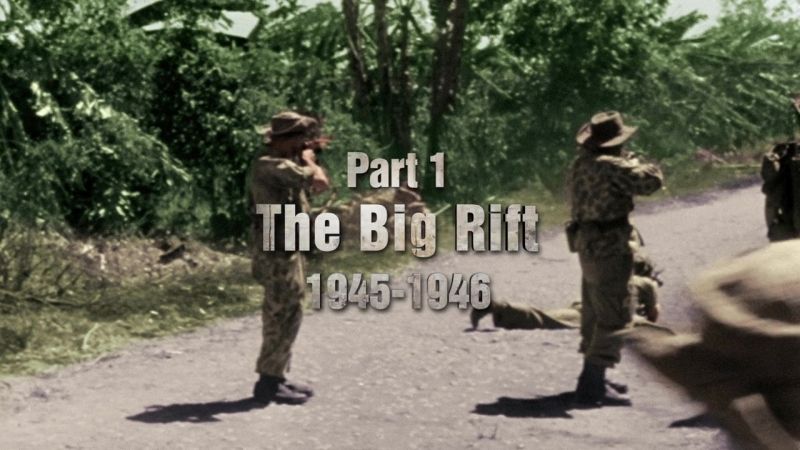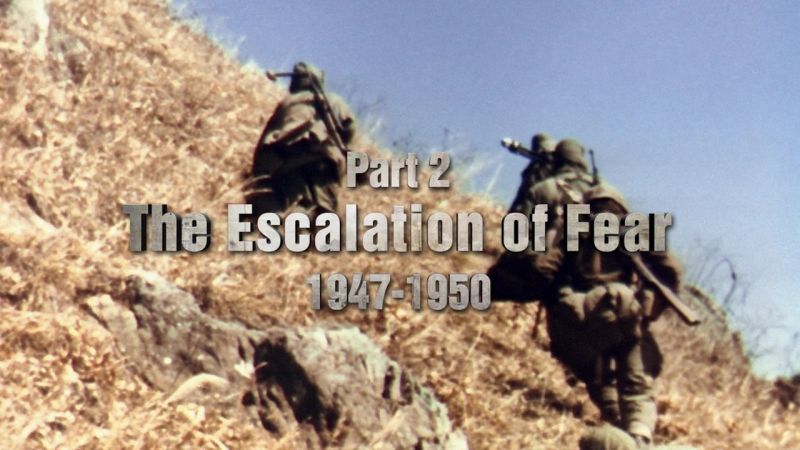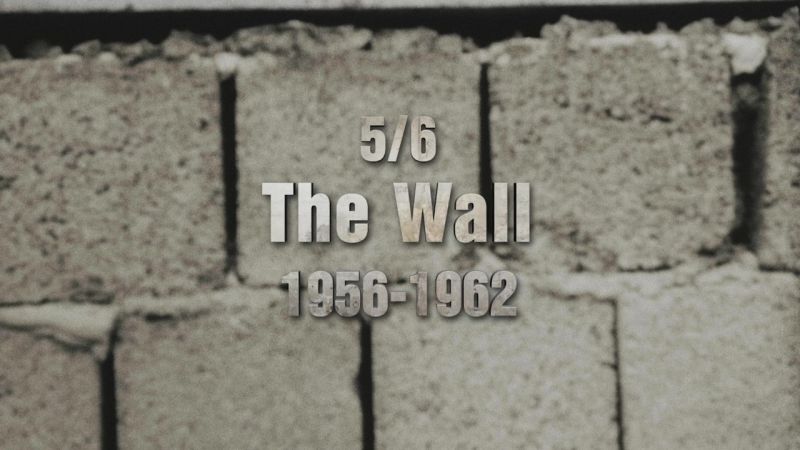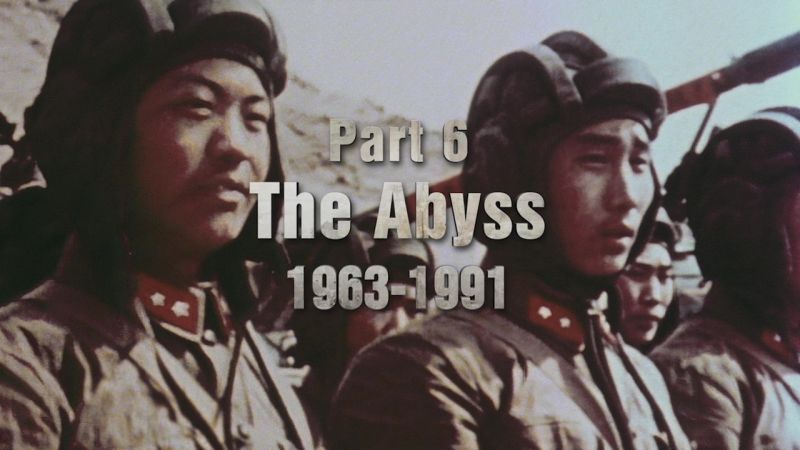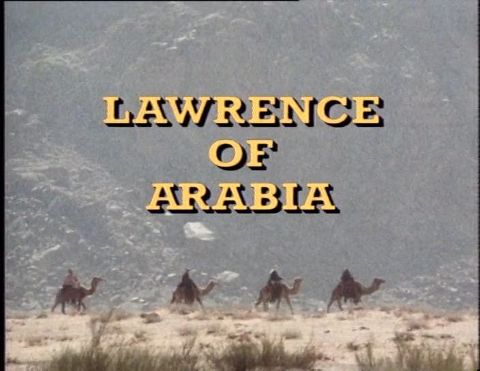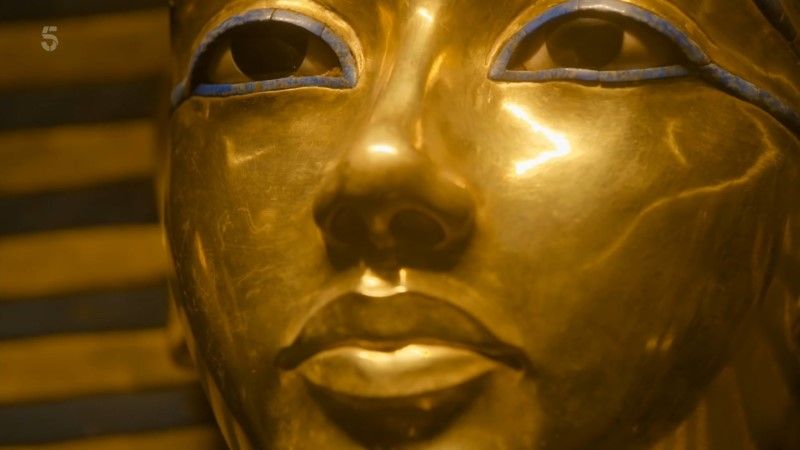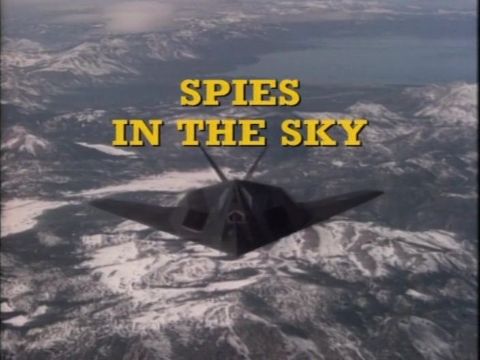The Big Rift (1945-1946) • 2019 • episode "S1E1" • Apocalypse: War of Worlds 1945-1991
Summer 1945. Leaving the atrocities of World War II behind, the Allied nations wholeheartedly celebrate victory and enjoy a return to world peace. But, behind the scenes of the post-war era, a more drawn-out, insidious confrontation is in the making between those who must build the world of tomorrow. In the West, the Americans and the British are concerned about Stalin's growing power in the East. He no longer hides his expansionist designs. Communist ideology continues to spread, especially in Indochina, where one of the twentieth century's longest conflicts is in the works. In this former French colony, Ho Chi Minh will emerge as the great figure of the Vietnamese struggle for independence. This convinced Communist clandestinely formed a small army which was going to fight the French troops sent to reconquer the territory in 1946. But behind this seemingly isolated conflict lie other issues, through which the Western world and the Communist bloc will soon clash. Especially since the Americans experimented in the summer of 1945 with a new extremely effective and terribly destructive weapon: the atomic bomb. It is the cold war, the war of the worlds, that threatens mankind with a new apocalypse.
Make a donation
Buy a brother a hot coffee? Or a cold beer?
Hope you're finding these documentaries fascinating and eye-opening. It's just me, working hard behind the scenes to bring you this enriching content.
Running and maintaining a website like this takes time and resources. That's why I'm reaching out to you. If you appreciate what I do and would like to support my efforts, would you consider "buying me a coffee"?
Donation addresses
BTC: bc1q8ldskxh4x9qnddhcrgcun8rtvddeldm2a07r2v
ETH: 0x5CCAAA1afc5c5D814129d99277dDb5A979672116
With your donation through , you can show your appreciation and help me keep this project going. Every contribution, no matter how small, makes a significant impact. It goes directly towards covering server costs.
